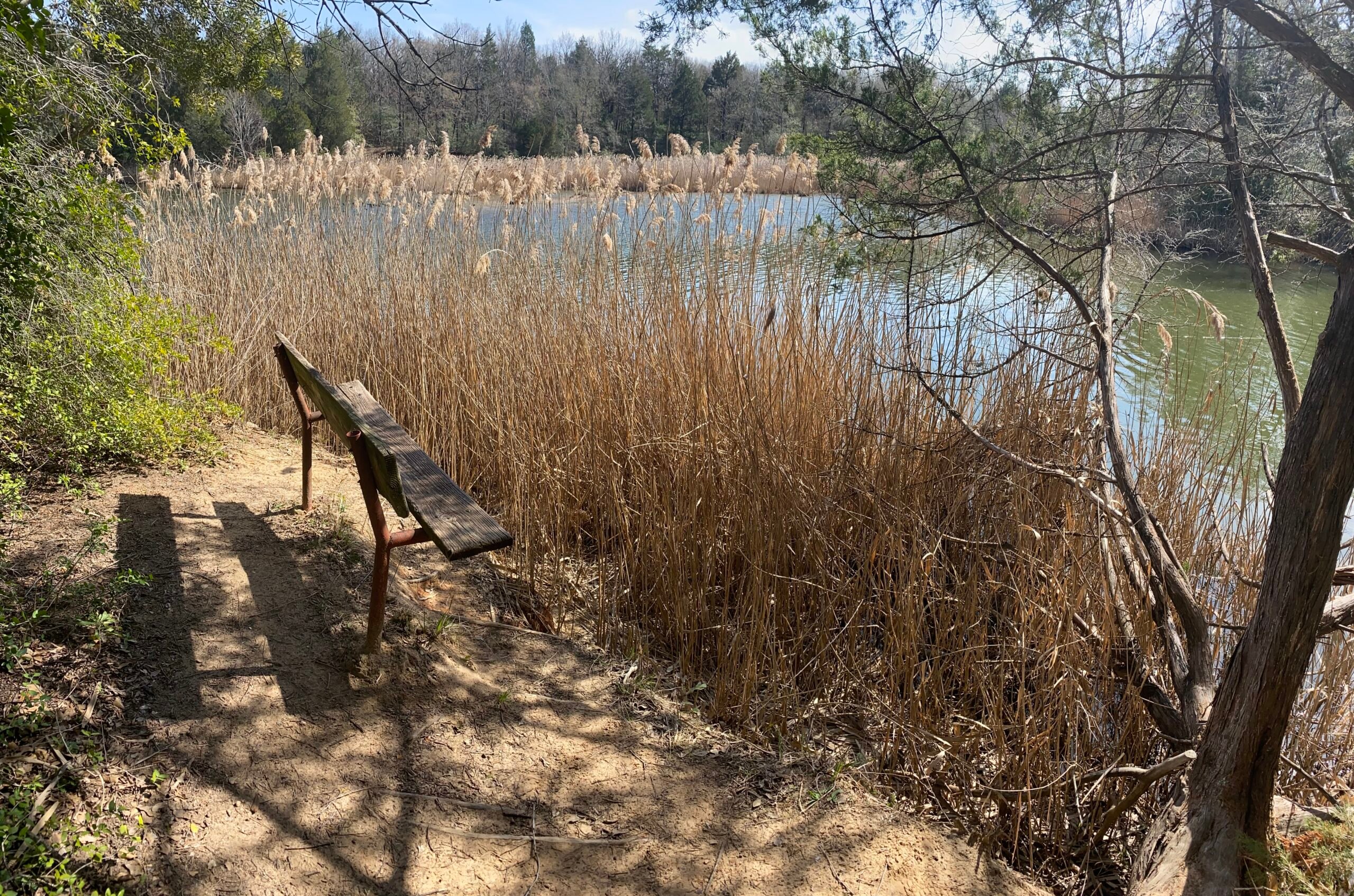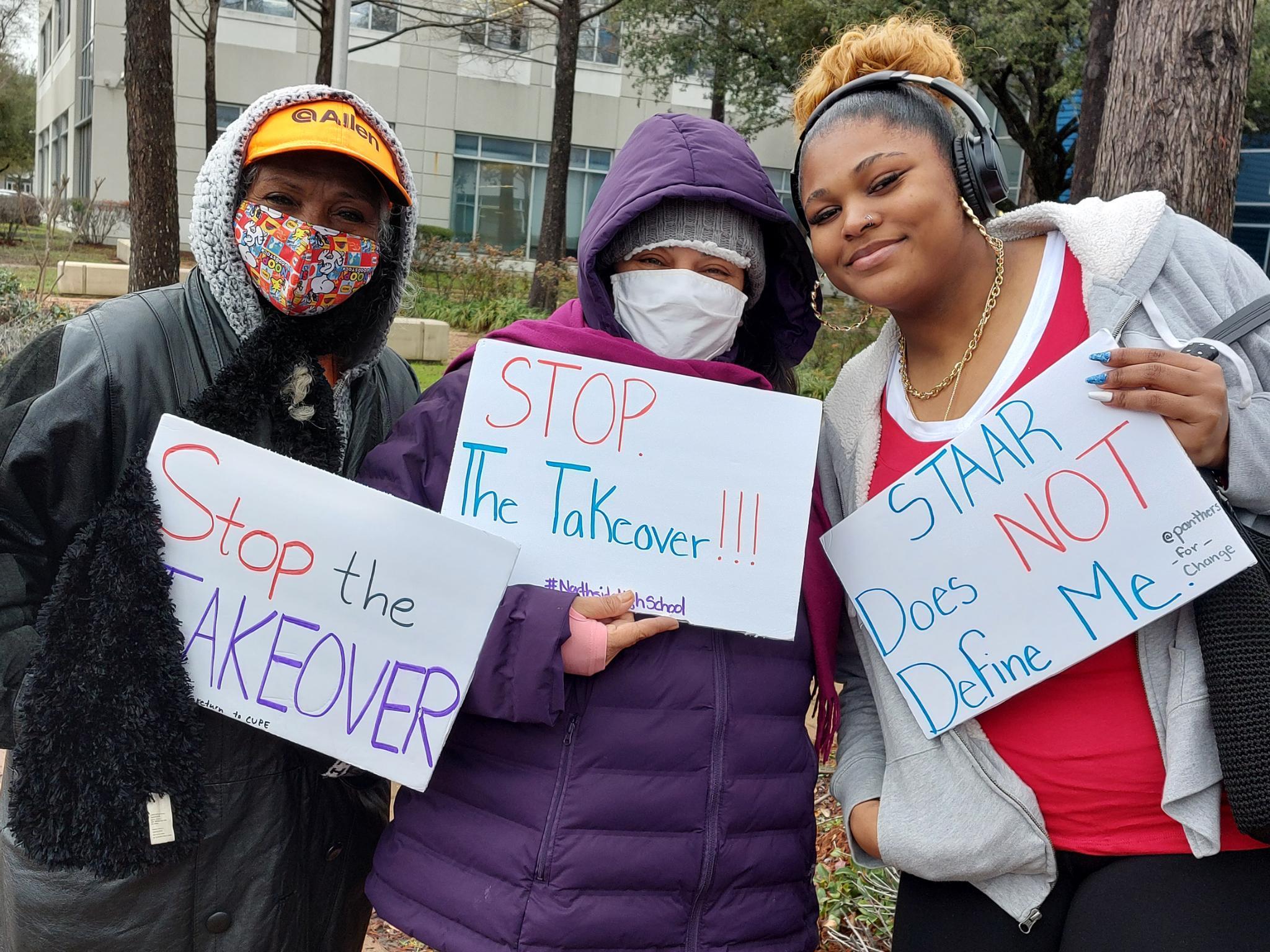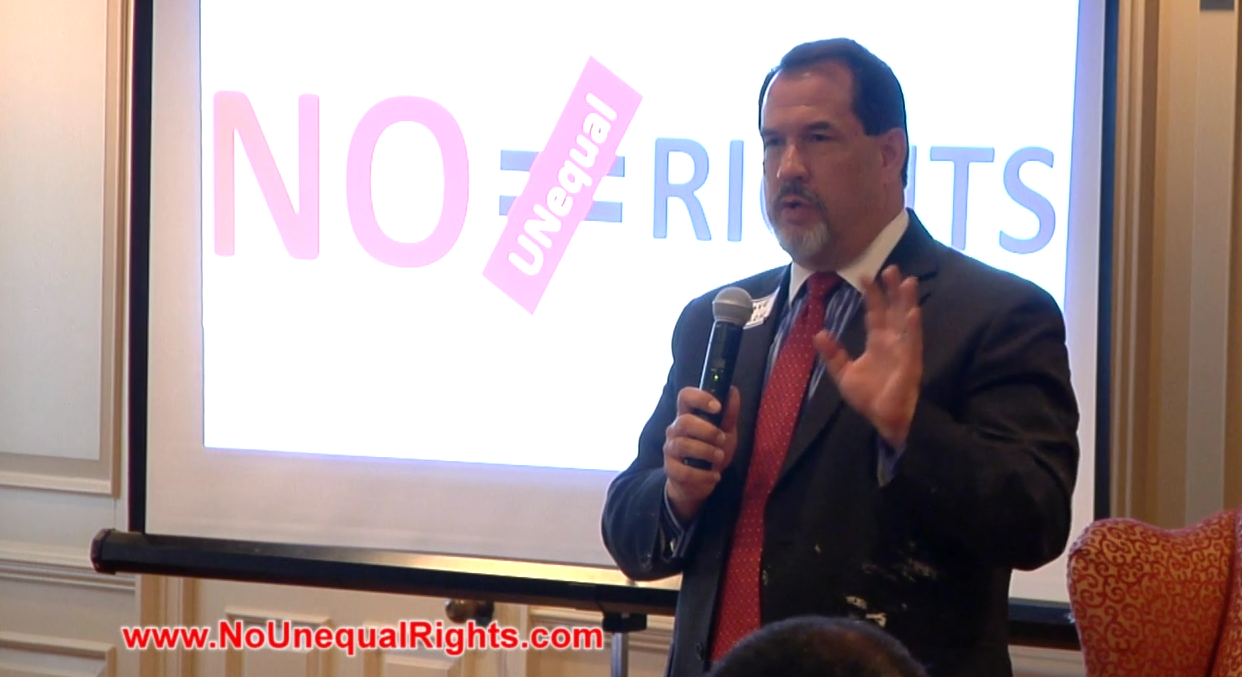
Meet Dave Welch, the ‘Pastor of Pastors’ who Mobilizes Texas Churches Against LGBT Rights
The Houston conservative's ability to blend politics and religion makes him a particularly potent force.
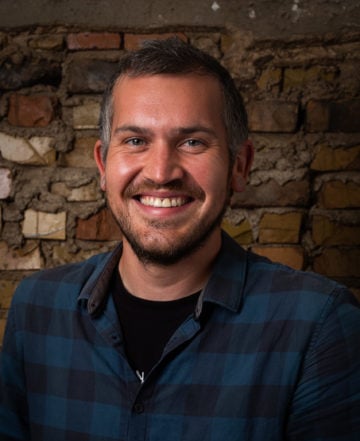
A version of this story ran in the December 2017 issue.
Editor’s note: With the far right ascendant in Texas politics, once-marginal ideas and people have found a place in the political mainstream. Our recurring Fringe Factor series is an introduction to the often-unknown, but influential activists, thinkers and operatives who play a growing role in shaping the state.
Houston made international news in 2009 when it became the largest U.S. city to elect an openly gay mayor. Six years later, Houston voters made a stunning about-face by repealing a city ordinance shielding LGBT people from discrimination.
Behind that electoral backlash was Dave Welch, a sturdy, serious-looking man. He is the executive director of the U.S. Pastor Council, a group that’s adept at mobilizing churches to participate in loud, ugly campaigns against LGBT rights. Welch and the Pastor Council were instrumental in peddling the “No Men in Women’s Restrooms” message that has animated Texas social conservatives in recent years.
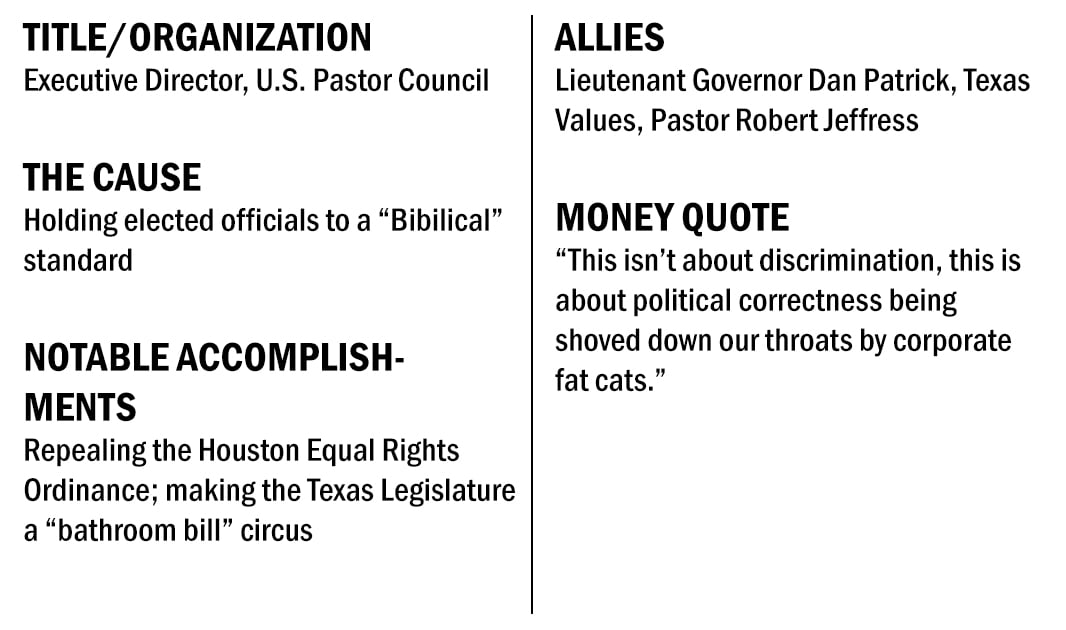
Welch, who calls himself a “pastor of pastors,” formed the Houston Area Pastor Council in 2003 with a dozen other Houston-area clergy. As more church leaders joined the cause, he established the Texas Pastor Council and the U.S. Pastor Council, umbrella groups that have pushed the limits of what churches are allowed to do as tax-exempt organizations. They challenge pastors to distribute election guides, register congregants to vote and discuss political issues with churchgoers. By 2008, Welch was writing screeds against abortion, gay rights and Barack Obama for WorldNetDaily, a conspiracy-laced progenitor of alt-right media. In one column he declares war on the “radical sexual-diversity jihad.”
But it was Welch’s years-long grudge match with former Houston Mayor Annise Parker that really raised his political profile. In 2013, a pastor with his group sued to block Parker from extending spousal benefits to same-sex couples who work for the city. That the lawsuit even survived the Supreme Court’s marriage equality ruling in 2015 hints at the reach of Welch’s message. After first tossing the case, the Texas Supreme Court agreed to rehear it at the urging of Governor Greg Abbott and other leading Texas Republicans. In July 2017, the court issued a brain-wrinkling ruling concluding that same-sex spouses of government employees still aren’t guaranteed the benefits of marriage in Texas.
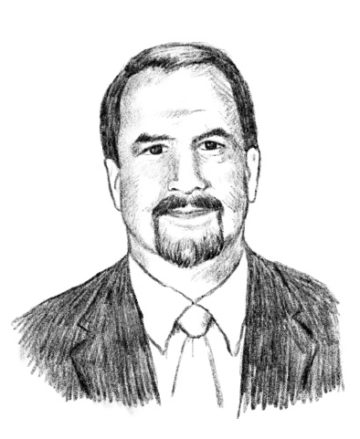
The defeat of the Houston Equal Rights Ordinance was an even bigger success. Welch stood before TV cameras to warn of “biological males, with no alterations, entering a woman’s restroom” when Parker pushed HERO, as the ordinance was known, during her final term in office. After City Council passed the law, Welch helped organize a ballot referendum to overturn it. When Parker’s administration made the face-plant move of subpoenaing sermons from pastors involved in the effort, Welch called it “as close as anything I’ve ever seen to Nazi Germany on our soil.” Anti-LGBT activists eventually convinced 61 percent of Houston voters to repeal HERO after a campaign featuring TV ads of men stalking little girls in public bathrooms. Earlier this year, Abbott signed a bill pushed by Welch that shields sermons from government subpoenas.
Fran Watson, a Houston LGBT rights activist, says Welch’s ability to blend politics and religion makes him a particularly potent force. He “faith-washes” the anti-LGBT message for congregations but also brawls like a political operative. “He was able to get away with saying a lot of ludicrous, hurtful things in public because he masked it with faith,” she said. In one public forum over the equal rights law, when a trans woman asked Welch what bathroom she should use, he asked her about her genitals. When she said it wasn’t his business, he replied, “You’re making it my business.”
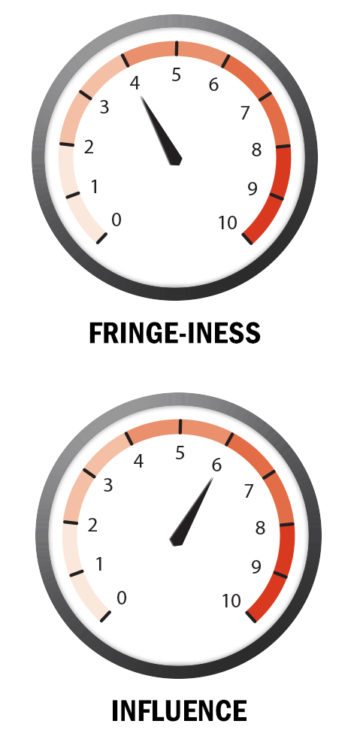
The 2017 legislative session was both a sign of Welch’s influence and a hint at what may curtail it. Notably, the Pastor Council failed to help pass a bathroom bill amid opposition from a cadre of corporate interests and resistance from fellow believers, including dozens of progressive faith leaders. Welch dismisses his opponents as tools of powerful interests. “This isn’t about discrimination,” he told the Observer. “This is about political correctness being shoved down our throats by corporate fat cats pushing a radical agenda.”
Welch says his group will continue to mobilize with other anti-LGBT activists against anything that “normalizes the gay lifestyle.”
As the lingering Houston court case shows, just because the Supreme Court legalized gay marriage doesn’t mean people like Welch will stop fighting it. “We have not changed our position that God created marriage, and that long preceded this country and its laws,” Welch said. Marriage equality, he added, “is no more settled than Roe v. Wade.”

